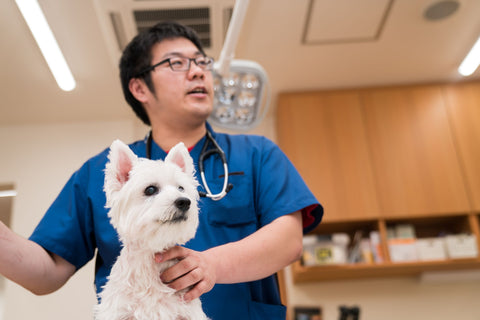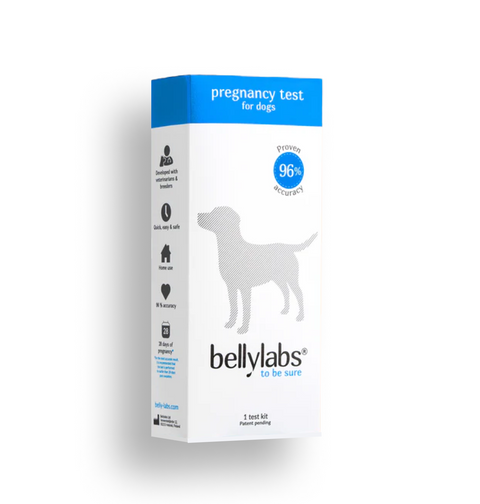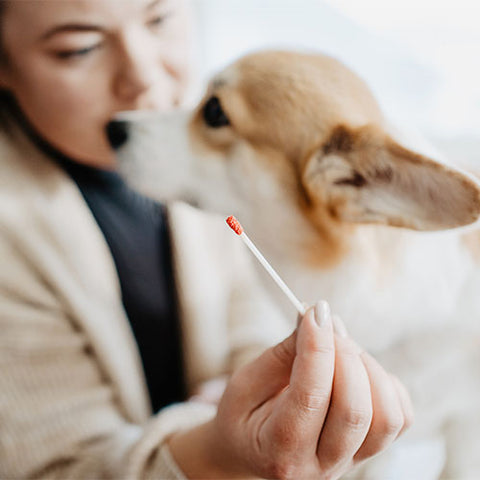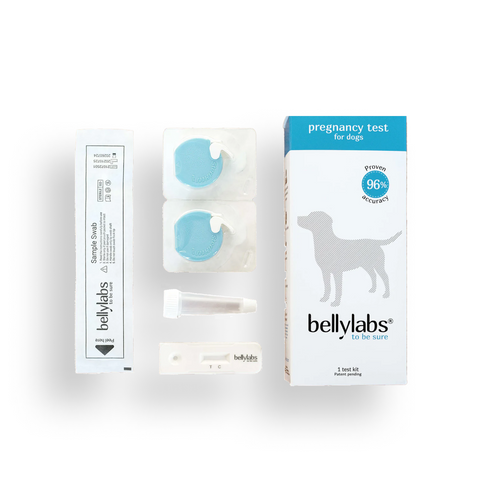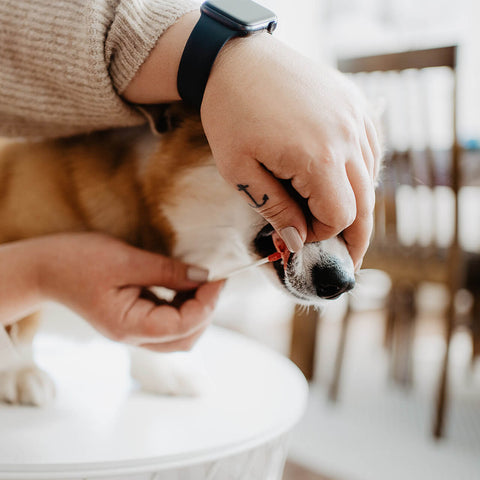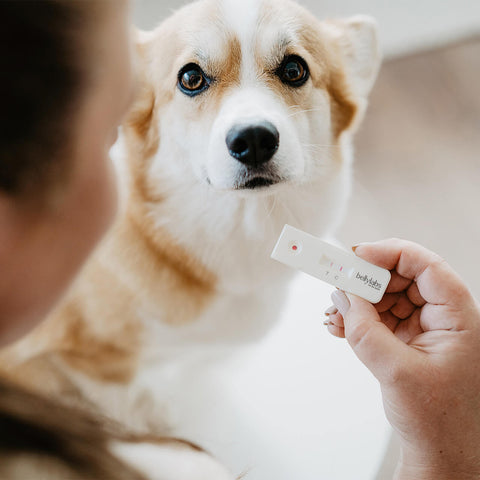Dog breeding is a meticulous art, requiring expertise, dedication, and a deep understanding of genetics. For breeders and veterinarians alike, the process of dog insemination is a critical aspect of maintaining and enhancing desired breed traits. In recent years, advancements in reproductive technologies have transformed the landscape of dog breeding, offering novel solutions to age-old challenges. From artificial insemination techniques to innovative at-home pregnancy testing, the field has witnessed remarkable progress that promises to streamline breeding practices and improve outcomes.
Artificial Insemination: Enhancing Reproductive Efficiency
Artificial insemination (AI) has long been a cornerstone of modern dog breeding, offering numerous benefits. With AI, breeders can overcome geographical limitations, utilize genetic material from superior sires regardless of location, and mitigate risks associated with natural breeding, such as injury or possible disease transmission. Moreover, AI enables breeders to optimize the timing of insemination, increasing the likelihood of successful conception.
Recent advancements in AI techniques have further enhanced reproductive efficiency. Cryopreservation of semen, i.e. freezing, allows for the long-term storage of genetic material, providing breeders with greater flexibility and accessibility to high-quality semen. Additionally, advances in reproductive physiology have led to the development of novel insemination protocols tailored to specific breeds and individual reproductive characteristics, optimizing success rates and minimizing wastage of valuable genetic resources.
Bellylabs: Empowering Breeders with Innovative Pregnancy Testing
One of the most significant challenges breeders face is determining pregnancy in their dogs accurately. Traditionally, pregnancy diagnosis relied on costly and time-consuming veterinary visits or subjective observation of physical changes. However, with the advent of Bellylabs, the first-ever at-home dog pregnancy test, breeders now have access to a convenient and stress-free solution.
Bellylabs revolutionizes the way breeders detect pregnancy in their dogs, offering a simple yet reliable testing kit that delivers results in minutes. By detecting the presence of pregnancy-specific relaxin hormone, Bellylabs provides breeders with early confirmation of pregnancy, allowing for timely adjustments to care and breeding plans. This innovative technology not only saves breeders time and money but also reduces the anxiety associated with waiting for veterinary appointments or uncertain observations.
Data and Trends:
According to recent industry reports, the demand for reproductive services in the dog breeding sector is steadily increasing, driven by growing awareness of genetic diversity and the desire to produce healthier, well-bred puppies. The Global Veterinary Artificial Insemination Market is experiencing a bright phase of growth, reaching a value of USD 2.04 billion in 2022 and projected to expand at a robust CAGR of 8.28% from now through 2028.
Furthermore, the availability of advanced reproductive technologies, such as AI and at-home pregnancy testing, is reshaping breeding practices worldwide. Breeders and veterinarians are increasingly adopting these technologies to improve breeding outcomes, reduce costs, and enhance animal welfare.
The evolution of dog insemination techniques and technologies represents a paradigm shift in the field of breeding. From artificial insemination to innovative pregnancy testing solutions like Bellylabs, breeders and veterinarians now have access to unprecedented tools and resources to optimize reproductive outcomes. By harnessing these advancements, breeders can uphold the highest standards of genetic health and welfare, ensuring a bright future for canine companions worldwide.


